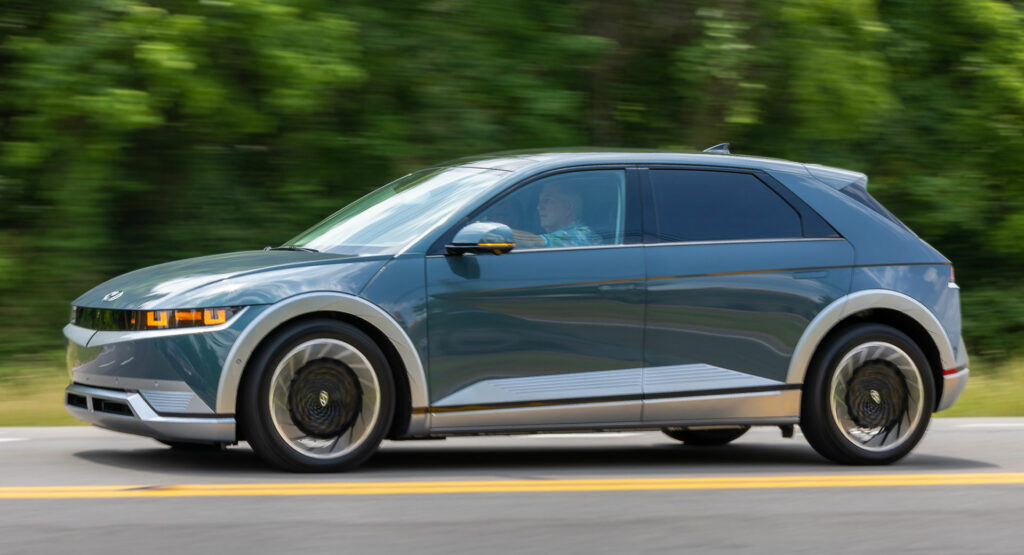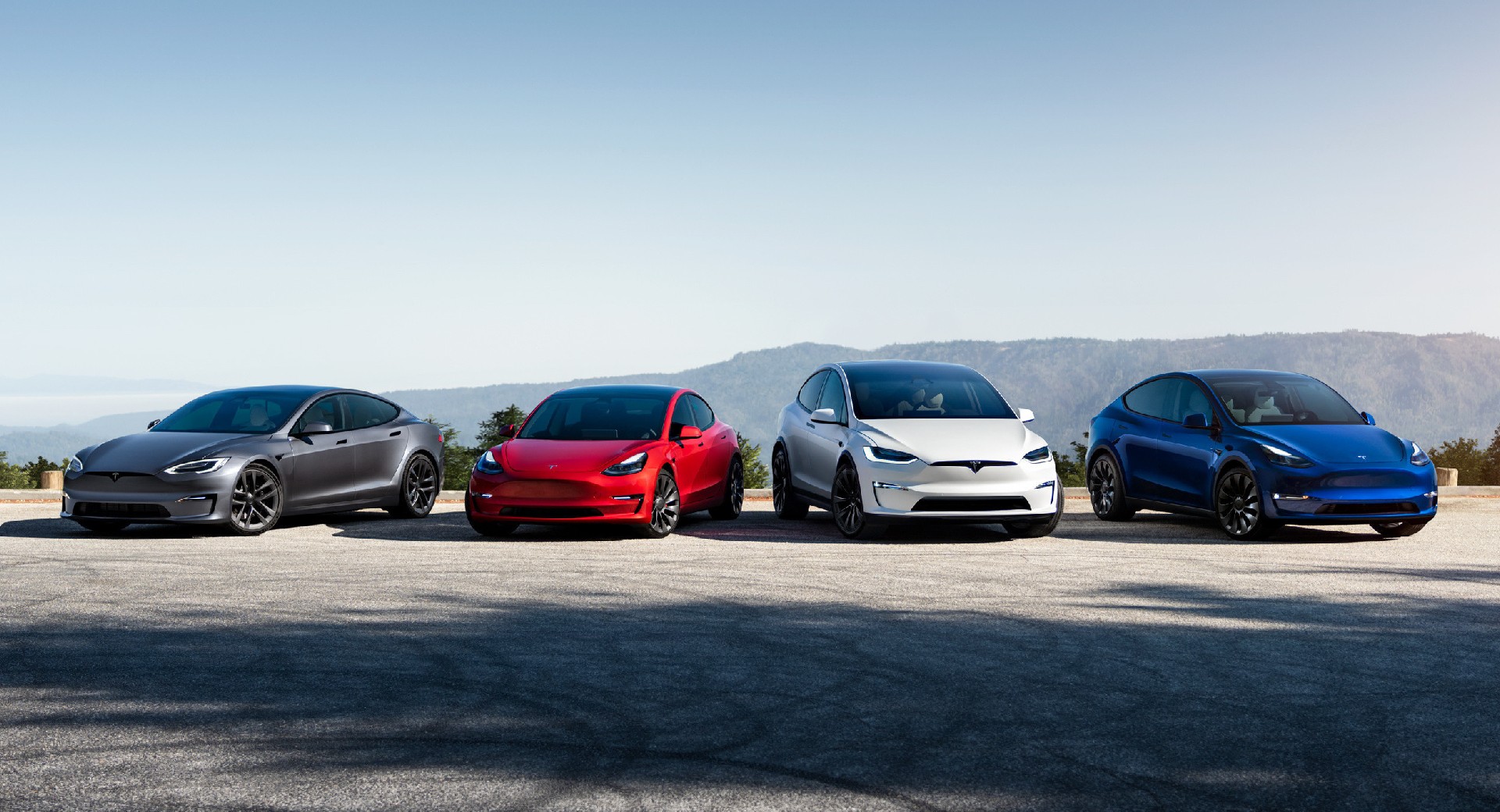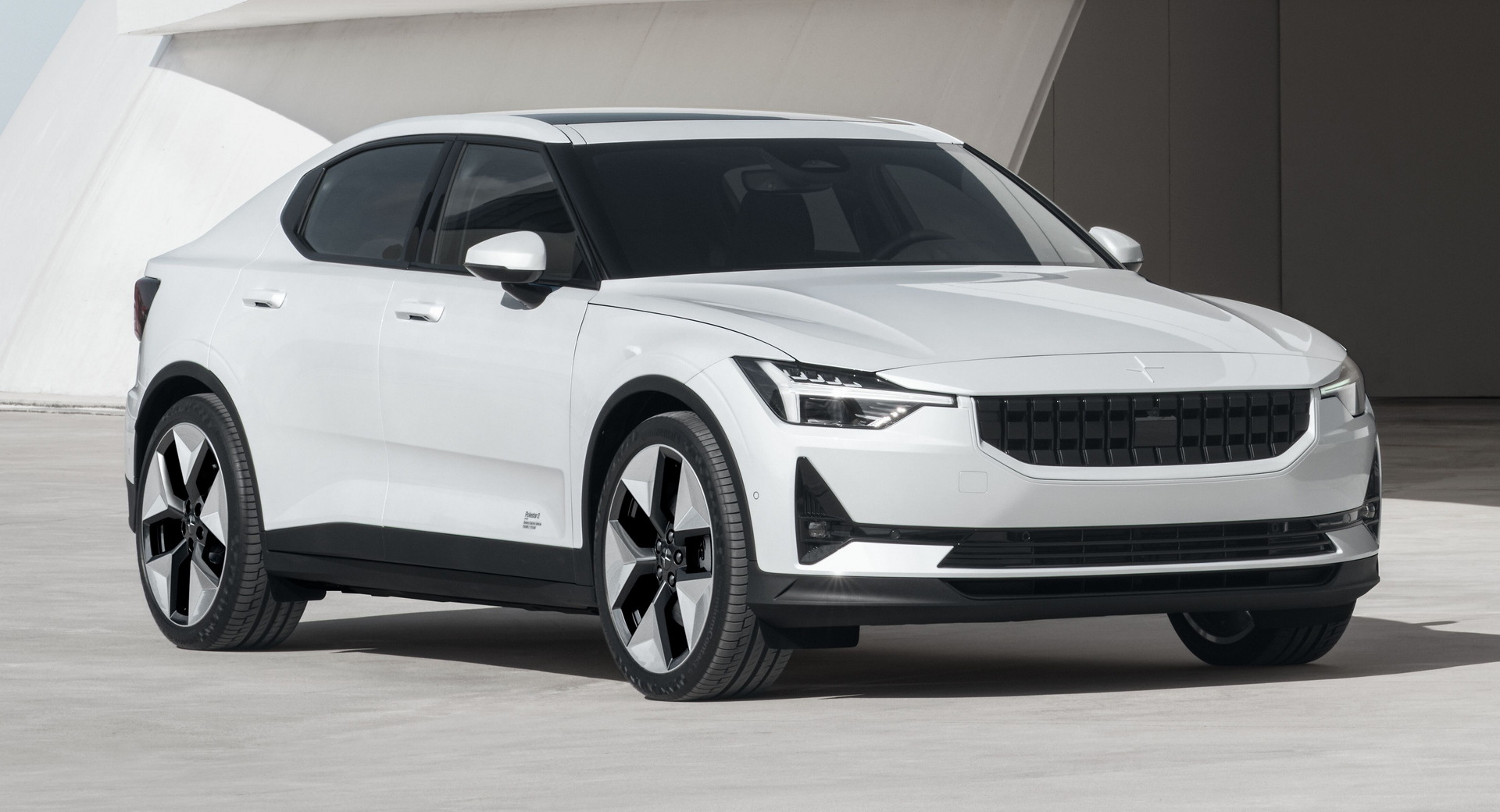Data tracking the sales of electric vehicles has revealed that Canada is trailing some other countries in its adoption of EVs.
A report commissioned by BloombergNEF and presented during United Nations climate talks in Egypt earlier this month revealed that EVs and plug-in hybrids made up one in 14 new vehicles registered in the first half of the year in Canada. By comparison, they accounted for almost one in every eight new vehicles sold worldwide between January and June.
While sales in Canada are lower than other markets, they have improved from EVs and PHEVs accounting for one in every 20 sales in the first six months of last year. Globally, sales increased from one in 11 over the same period in 2021.
Read: Canada Charges EV Researcher With Espionage After Allegedly Sharing Trade Secrets With China
BloombergNEF says that by the end of December, global sales of EVs and PHEVs could top out at as much as 10.6 million vehicles. This would represent a 61 per cent increase from 2021. The data also shows that 56 per cent of global sales were made in China while Europe accounted for 28 per cent and the United States contributed 11 per cent of all sales.
Canada hopes to have 60 per cent of all new vehicles electric by 2030 and 100 per cent by 2035. This means sales will need to grow rapidly from the 55,600 sold over a six-month period this year to approximately 480,000 over a six-month period.
Speaking with Auto News Canada, president of the Canadian Vehicle Manufacturers’ Association, Brian Kingston, said the charging infrastructure is one reason why Canada is falling behind.
“We are not currently a leader on EV readiness,” he said. “If Canada wants to be a leader and really accelerate EV adoption we have to take readiness seriously.”
Kingston told Auto News that more generous government rebates for EVs are also needed. He pointed to Quebec and British Columbia as examples the rest of the country should follow as they also offer provincial rebates. These rebates contributed to almost one in six new vehicles registered in British Columbia between January and June this year being all-electric.





